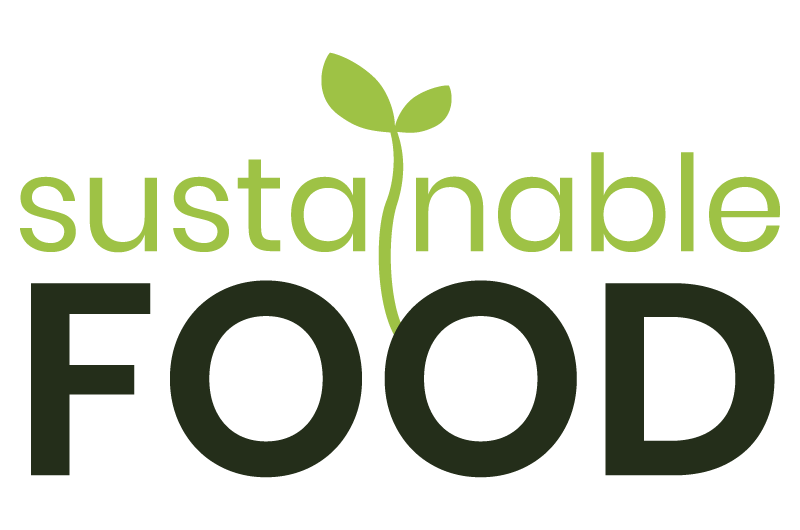Don't bottle it!
 What's the problem?
What's the problem?
Bottled water is a waste of money � it has been calculated that �1,000 spent on bottled water would cost a mere 49p for the same volume from the tap.[1] Bottled water also has considerable environmental costs, including the energy costs of production and transport, and the environmental costs of disposing of (or, very rarely, recycling) the bottles.
Water and health
We should all be drinking more water � it is good for hydration, digestion and all-round wellbeing. The trend towards consumers ditching high-calorie sugary fizzy drinks in favour of water certainly promises health benefits. However, we don't need to drink water from bottles. UK tap water is governed by some of the strictest rules in the world, tested to even more stringent standards than bottled water, so it is safe and palatable to drink. There are no known health benefits from drinking bottled water instead of tap water.
What can we do about it?
Government is urging everyone to 'do our bit' for sustainable development, and some departments and agencies have a policy to serve only tap water. The Food Standards Agency, for example, now provides mains-fed chilled bottled water in 70cl re-useable bottles for all its meetings. When this policy was announced in January 2007, the Agency noted that �This will replace the current system of bought-in bottled (still and fizzy) water thereby saving on waste (boxes), energy (transportation) and promote re-use of bottles.� Even in the USA, the mayors of San Francisco and New York have taken action to promote tap water in place of bottled water.[2]
A recent survey carried out for the National Consumer Council showed that restaurant customers resent being made to feel 'cheap' if they ask for tap water, and also resent the mark-up on bottled water.[3] Routinely drinking tap water and asking for this in restaurants and canteens is a powerful, simple, cost-effective way of demonstrating that you are 'doing your bit'.
Blind taste tests confirm that, particularly if the water is chilled, most people cannot tell the difference between tap water and still bottled water. If serving water at a meeting or at home, chilled tap water can be served in attractive jugs or re-usable bottles. If you feel that using bottled water occasionally is unavoidable, then choose brands that support development projects � for example:
- One Water, which donates all its profits to building water pumping systems in poor countries. See: http://www.onewater.org.uk/index.html.
- Frank Water, which donates all its profits to technology-based clean water projects around the world. See: http://www.frankwater.com/whatisfrank.php.
For further information
- Download Sustain's publication, Have you bottled it? How drinking tap water can help save you and the planet - https://www.sustainweb.org/page.php?id=137.
- If you have any concerns about the health and safety aspects of serving tap water, these can be allayed by the Chartered Institute of Environmental Health, an independent organisation representing environmental health officers, whose own policy is to provide tap water for meetings and events � http://www.cieh.org/.
- If you want to communicate your views about your local water company, contact the Consumer Council for Water on http://www.ccwater.org.uk/.
- For more details about reducing waste in general, including that from water bottles, see Waste Online at http://www.wasteonline.org.uk/.
- For information about the water industry and its standards, contact Water UK at http://www.water.org.uk/.
- Companies such as The Pure Water Co. (http://www.purewater.no/) and Aqua 3 (http://www.aqua3water.com/) offer filtration systems for businesses.
[1] Personal communication, April 2007, Water UK � http://www.water.org.uk/
[2] �Bottled out: Americans rethink their wasteful approach to water.� 4 August 2007. David Usborne. The Independent
[3] Water Jugs Omnibus Survey, September 2007, carried out for the National Consumer Council by TNS Consumer Omnibus. See here for press release: http://www.ncc.org.uk/news_press/pr.php?recordID=361&PHPSESSID=e53a08788f09cb9a6e463f9c63b9a67e.
Sustainable Food: What you can do - and ask others to do - to help make our food and farming system fit for the future.
